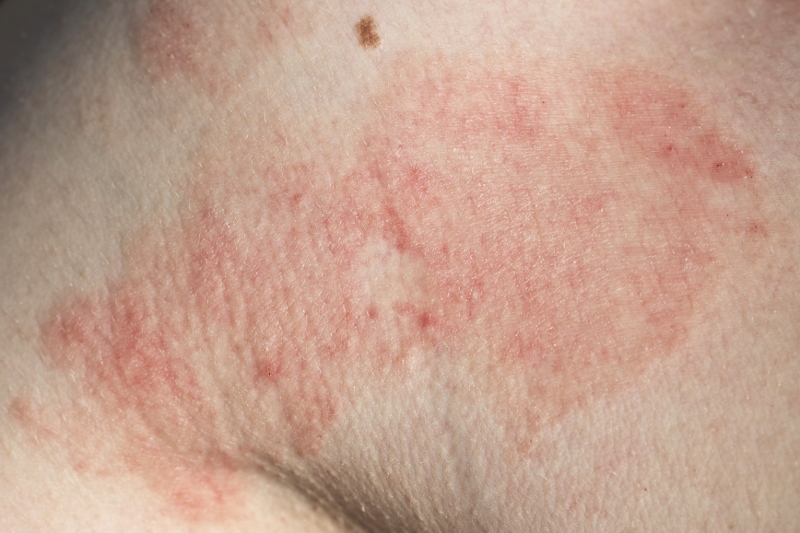 Does your skin breakout when you come in contact with certain plants or chemicals? If so, you might have allergic contact dermatitis. The most common allergens that can cause contact dermatitis are plants such as poison ivy, oak, and sumac. But this disease is by no means restricted to gardeners, golfers and outdoors man.
Does your skin breakout when you come in contact with certain plants or chemicals? If so, you might have allergic contact dermatitis. The most common allergens that can cause contact dermatitis are plants such as poison ivy, oak, and sumac. But this disease is by no means restricted to gardeners, golfers and outdoors man.
Allergic contact dermatitis
Allergic contact dermatitis is an immune reaction that occurs when your skin is exposed to a chemical or material to which it then begins to have an allergic reaction. It is important to note this is different from irritant contact dermatitis, where your skin is damaged by a non-allergenic cause or corrosive agent.
An allergic reaction could take hours or even weeks to present itself. Your skin has a hypersensitivity to whichever substance set off the reaction. “Contact dermatitis will present itself with irritated, itchy, and sometimes even weeping and painful eczema patches of skin,” says Dr. Miriam Hanson, board certified dermatologist in Austin, Texas. The patches are often linear or geometric in shape. “Once you develop the allergy, every time you come in contact with that agent you will break out.” It is therefore important to identify what is causing the dermatitis, in order to remove that allergen from your life.
Common Causes
“There are literally thousands of chemicals and molecules in the environment that people can be allergic to,” says Dr. Adam Mamelak, board certified dermatologist at Sanova Dermatology. Topical medications, plants, nickel found in jewelry, and some airborne substances are all causes of allergic contact dermatitis. Some of these allow an easy diagnosis of being the cause for an allergic reaction but for others, it’s more difficult.
For example, a skin cream that you use might have a preservative that causes your skin have a reaction. You believe that it’s the cream you are allergic to, so you avoid it. But if another cream of skin care product has the same preservative, it will also make you breakout. It’s important to find the cause, so you can avoid what has triggered the immune reaction in your skin.
Seeking the help of a professional
If you’ve been doing yard work and know that you stumbled across poison ivy before getting allergic contact dermatitis, you probably know the cause. But what if you have changed things in your life, such as your soap or your detergent, and still keep getting patches of dermatitis?
Especially in those cases, it’s important to seek the help of professionals that will be able to patch test your skin to determine what’s triggering your reaction. By finding the chemical or substance that is irritating your skin, you can then remove it from your life, and let your skin make a full recovery.
Contact Us
To find out how we can help you manage your allergic contact dermatitis, please contact us today.
Join Us
